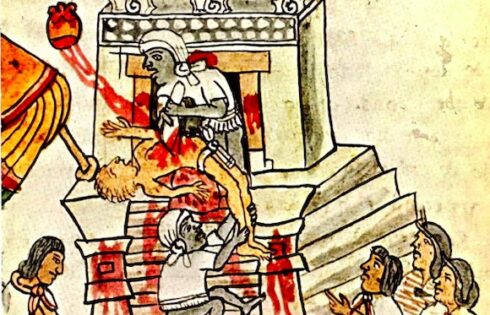
George Washington University recently changed its requirements for history majors, removing previously key courses for the stated purpose of giving students more flexibility.
The department eliminated requirements in U.S., North American and European history, as well as the foreign language requirement. Thus, it is possible that a student can major in history at GWU without taking a survey course on United States history.
The new requirements mandate at least one introductory course, of which American history, World History and European civilization are options. Yet, like at many elite universities, the introductory course requirement may be fulfilled by scoring a 4 or a 5 on the Advanced Placement exams for either U.S. History AP, European History AP or World History AP.
Earlier this year, the American Council of Trustees and Alumni released a report revealing that fewer than one-third of the nation’s leading universities require history majors to take a single course in U.S. history. George Washington University now joins those ranks.
“A democratic republic cannot thrive without well-informed citizens and leaders. Elite colleges and universities in particular let the nation down when the examples they set devalue the study of United States history,” ACTA President Dr. Michael Poliakoff said in a statement announcing the report.
Some scholars dismissed the report’s findings, however, arguing that most students enroll in U.S. history classes regardless of whether it’s required, so handwringing over the lack of the requirement is moot.
GWU History Department Chair Karin Schultheiss, several history professors, and the university spokesman did not respond to repeated requests this month from The College Fix for comment.
At GWU, history majors must take eight to ten upper level courses: one on a time period before 1750, and three on different regions of the world, including Europe, North America, Africa, Asia, Latin America, and the Middle East. Previously, students were required to take two courses focused on Europe and North America and complete a thesis or capstone project. Though the thesis requirement still exists, students can choose to complete “digital capstone projects” instead.
This change was motivated by a need to “recruit students” and “to better reflect a globalizing world,” according to faculty comments to the George Washington University student newspaper, The Hatchet.
Faced with declining enrollment, from 153 majors in 2011 to 72 in 2015 to 83 in 2016, the history department decided changes were necessary, it reported.
Department chair Schultheiss told the Hatchet “the main gain for students is that they have a great deal more flexibility than they had before, and they can adapt it to whatever their plans are for the future. Whatever they want to do, there’s a way to make the history department work for them.”
The push for enrollment may also have been motivated by a new funding formula for GW’s colleges that began in 2016, the Hatchet reports. Money for each department is now linked to the number of students enrolled in a that major’s classes. Each school will now receive $301 for every undergraduate student in a class, incentivizing majors such as history to offer classes that will be popular.
Faculty said that the new system incentivizes the individual schools to create popular classes to attract students to boost revenue.
The previous funding formula was related to how many students were majoring in a college. But according to Vice Provost for Budget and Finance Rene Stewart O’Neal, that system did not give the fullest picture of how many students were taking classes in a specific school, as many students choose to take courses outside of their major.
Like The College Fix on Facebook / Follow us on Twitter





Please join the conversation about our stories on Facebook, Twitter, Instagram, Reddit, MeWe, Rumble, Gab, Minds and Gettr.